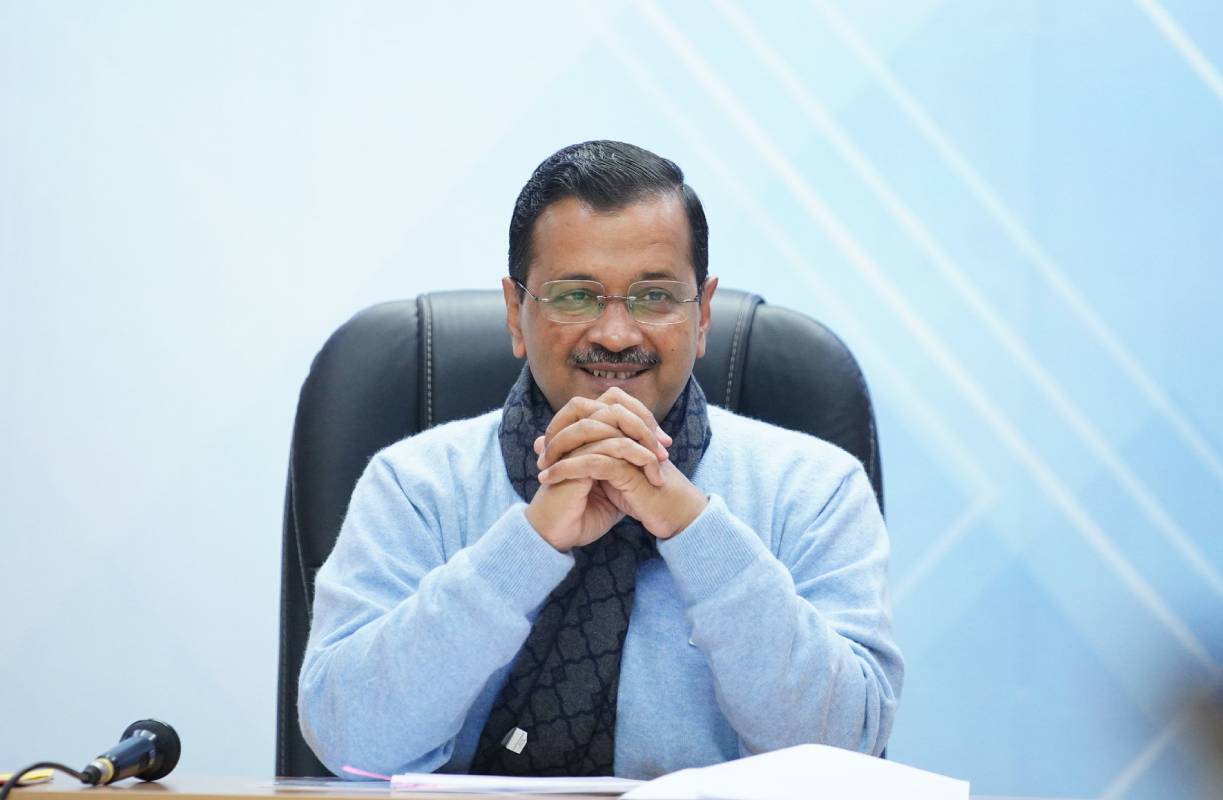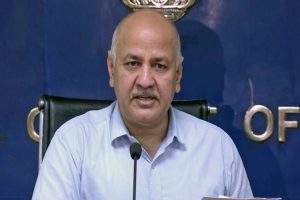Amid the ongoing tussle between Lieutenant Governor VK Saxena and the Delhi government over several issues, the AAP government led by Chief Minister Arvind Kejriwal has instructed state government officers to respect the Constitution of India and Supreme Court orders, and stop taking direct orders from the Lieutenant Governor (LG) of Delhi.
“All ministers have written to their department secretaries, directing strict compliance with the Constitution, Transaction of Business Rules (TBR) and Constitution Bench judgement of the Supreme Court. Secretaries have been instructed to report any direct orders received from the LG to the minister-in-charge,” the Delhi government said in a statement.
Advertisement
The order states that as per the Constitution of India and orders of the Supreme Court’s Constitution Bench dated 04.07.18, the Government of National Capital Territory of Delhi (GNCTD) has exclusive executive control over all subjects except for three: land, police, and public order. These three subjects are called “reserved” subjects. Those subjects over which GNCTD has executive control are called “transferred” subjects.
In the case of transferred subjects, the proviso to Article 239AA(4) provides that the LG may differ with the decision of the Council of Ministers on any of the transferred subjects. However, this difference of opinion must be exercised through a process prescribed in rule 49, 50, 51, & 52 of the Transaction of Business Rules (TBR).
The spirit of these provisions is that the differences of opinion should not be mechanically exercised, and every attempt should be made to resolve those differences before issuing directions under rules 51 and 52.
The Supreme Court had issued a ruling regarding the governance of the National Capital Territory (NCT) of Delhi. The court has stated that the Lieutenant Governor of Delhi must follow the procedure laid out in Rules 49 and 50 in the Transaction of Business of the Government of National Capital Territory of Delhi Rules, 1993 (TBR). These rules dictate the procedure to be followed in case of a difference of opinion between the Lieutenant Governor and a Minister or the Council of Ministers.
Rule 49 stipulates that the Lieutenant Governor must try to settle any point of difference by discussion and dialogue with the concerned Minister. If a resolution cannot be reached, the Lieutenant Governor may direct the matter to be referred to the Council. Similarly, Rule 50 provides for a procedure to be followed when there is a difference of opinion between the Lieutenant Governor and the Council of Ministers. The Lieutenant Governor must refer the matter to the Central Government for a decision of the President.
The court’s ruling also clarifies the meaning of “aid and advise” employed in Article 239-AA(4). The Lieutenant Governor of Delhi is bound by the aid and advice of the Council of Ministers, and he does not have any independent decision-making power. However, the Lieutenant Governor has the power to refer a matter to the President in exceptional circumstances.
The court emphasised the importance of dialogue and harmonious coexistence in resolving differences between the Lieutenant Governor and the Council of Ministers. The Lieutenant Governor must not act in a mechanical manner and should exercise his power under the proviso to clause (4) of Article 239-AA only in exceptional circumstances, keeping in mind the principles of constitutional trust and morality, collaborative federalism, and constitutional balance.
The Transaction of Business Rules, 1993 provides a composite and holistic perspective on the modalities that must be followed in case of a difference of opinion between the Lieutenant Governor and the Council of Ministers. The court’s ruling is aimed at ensuring that the representative form of governance, as contemplated by the insertion of Article 239-AA, is sustained. The ruling provides clarity on the governance of the NCT of Delhi and emphasises the importance of dialogue and collaboration in resolving differences.
However, the government’s order notes that in the last few months, the LG has given directions directly under rules 51 and 52 without following the procedure laid down in rules 49 and 50.
There are several examples of the recent past where the LG has bypassed the elected government violating the existing laws, which include but are not limited to appointment of Haj Committee members, Nomination of Aldermen in MCD, Appointment of Presiding Officer in MCD, and issuance of Prosecution Sanction in cases of CrPC 196.
The government has observed that as per rule 57, it is the duty of every Secretary to ensure that the provisions of TBR are properly followed. Thus, the government has directed that if any Secretary receives any directions from the LG under Rules 51/52 and if the procedure prescribed in Rules 49 & 50 has not been followed, in that case, the Secretary should immediately place the matter before Minister-in-charge, who shall bring it to the notice of the CM and the LG.
Deputy Chief Minister Manish Sisodia informed that the government has warned that any such orders received directly from the LG are a violation of the Constitution and directives of the Supreme Court and that the implementation of orders in violation of SC directives and the Constitution will be viewed seriously.











